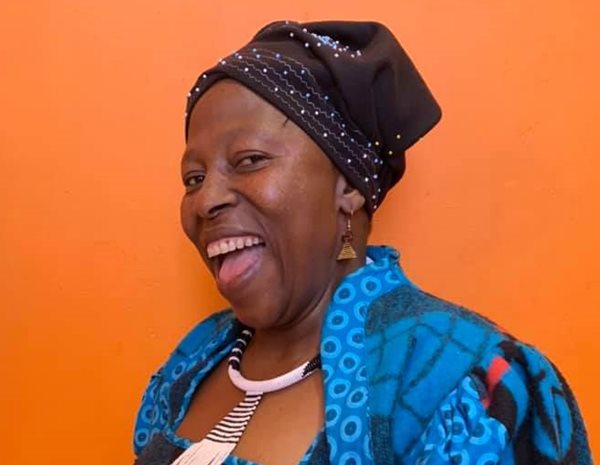Design that incorporates empathy and compassion has been gaining momentum for a number of years, with the focus of design increasingly shifting towards solving social issues, in addition to being functional or simply beautiful.
This theme was recently explored during the first episode of a six-part webinar series, hosted by the V&A Waterfront as an extension of their 100 Beautiful Things campaign.
The overarching consensus amongst panellists, all creative industry leaders, is that compassion and empathy have to be prevalent in every sphere in life and design must be driven by the idea of making the world a better place. Likewise, businesses can be built and designed around a framework of compassion and creating good, which does not need to sit at odds with the concept of being commercially viable.
To quote Cathy O’Clery, creative director of Platform Creative, who curated 100 Beautiful Things and who was also one of the panellists, “Designers should always be empathetic to their end users, and through their designs, they should seek to provide viable solutions to end-user needs. It is important that good design makes a difference in people’s lives”.
Impact of design
O’Clery cited Pelebox as an example of a business that has put design with compassion into practice, providing beautiful solutions to critical social needs.
Pelebox is a smart locker system designed to allow patients to collect their chronic medication without having to wait in long queues at the clinic. Healthcare workers stock lockers with pre-packaged prescription refills, log the medication on their system and secure each locker. The system then sends out an SMS to let patients know that their medication is ready for collection. Pelebox was developed by Neo Hutiri, who was diagnosed with TB in 2014, after experiencing first-hand how long people had to wait to collect their medication from clinics.
However, according to O’Clery, design is not only based on how a product affects the end-user, but also the impact that it has throughout the process of creation and people behind the product and the story of how it came to be.
Mathapelo Ngaka is the co-founder of Monkeybiz, another business featured on 100 Beautiful Things, and a panellist on the webinar. Monkeybiz is dedicated to reviving the traditional craft of African beadwork and empowering women to be financially independent and is considered a benchmark for non-profit organisations in the creative sphere, showing how a business model that benefits the people who need economic upliftment most can be sustainable.

Mathapelo Ngaka, co-founder of Monkeybiz
Ngaka explained on the panel that “all profits from the sales of our beaded animals go back into the township where its artists reside. By the public supporting the business, they are directly helping the community. Compassion plays a big role in the sustainability and the success of our business.”
With Monkeybiz celebrating 20 years, it is evident that businesses can both be compassionate and still be successful.
Commercial success and compassion don’t need to be at odds with each other, and many would even argue that one cannot exist without the other.
“This period has given us the opportunity to understand other values of life that are also meaningful, it is not just about profit. A perfect example is the change of supermarket trading hours due to the lockdown. Many outlets have shortened their working hours which has resulted in profit loss, but the employees are having a better quality of life getting to spend more time with their loved ones,” said Vanessa September, architect, urbanist and placemaker, who was also one of the panellists.
The concept of compassion
The Covid-19 crisis has put those companies which operate with compassion at their core in sharp focus.
During this period, the V&A Waterfront has provided relief to support tenants in distress as well as monetary support for their buskers. It has also set up an SME support hub to provide the tenants, buskers and small business owners with information to assist them with their applications for relief.
The speakers also suggested that one of the best ways to push a business into the future is through tapping into the concept of compassion through collaboration, making connections and working together.
“In order for any business to be successful these days, it is important to keep adapting with the times. One of the best ways to push a business into the future is through collaboration. Designing in a vacuum is impossible, but often you will find that people want to help. If you are feeling overwhelmed and need advice, don’t be shy to ask for it. It all boils down to kindness and being aware of other people’s issues, often you will find that people are more willing to help than you expect,” said O’Clery.
The next 100 Beautiful Things episode, The Voices of Emerging Creatives, will be taking place on Thursday, 2 July 2020. This webinar explores the challenges and opportunities faced by the next generation of creatives, artists and designers in finding their voice.
For more, go to www.crowdcast.io/e/100-beautiful-things








































